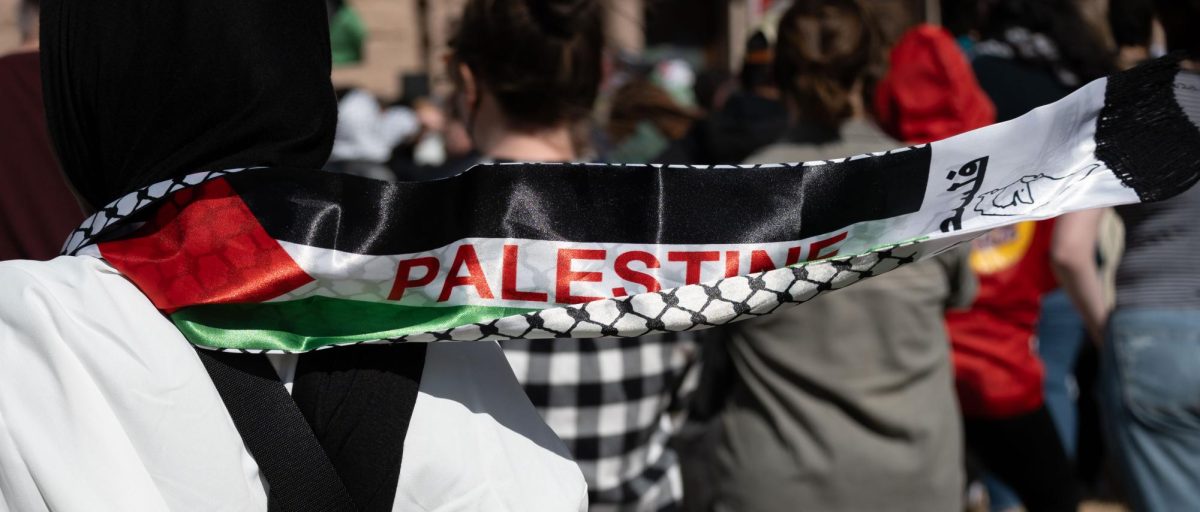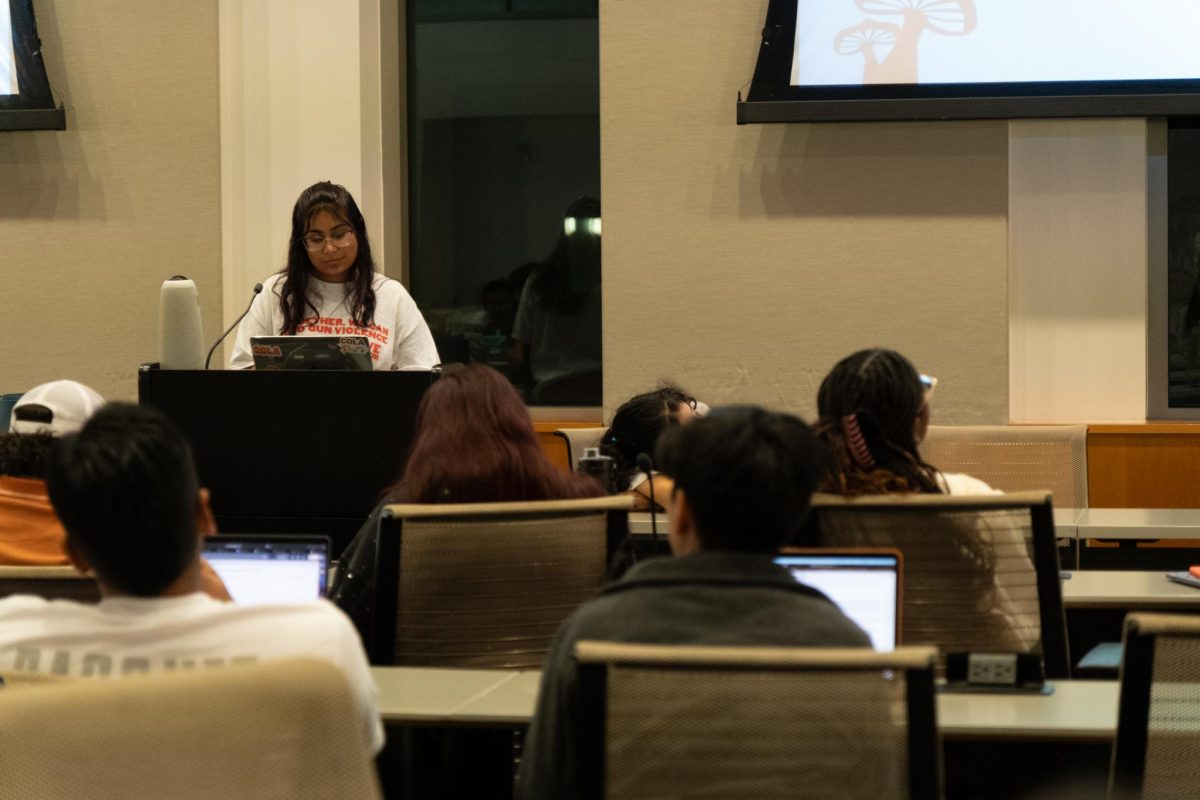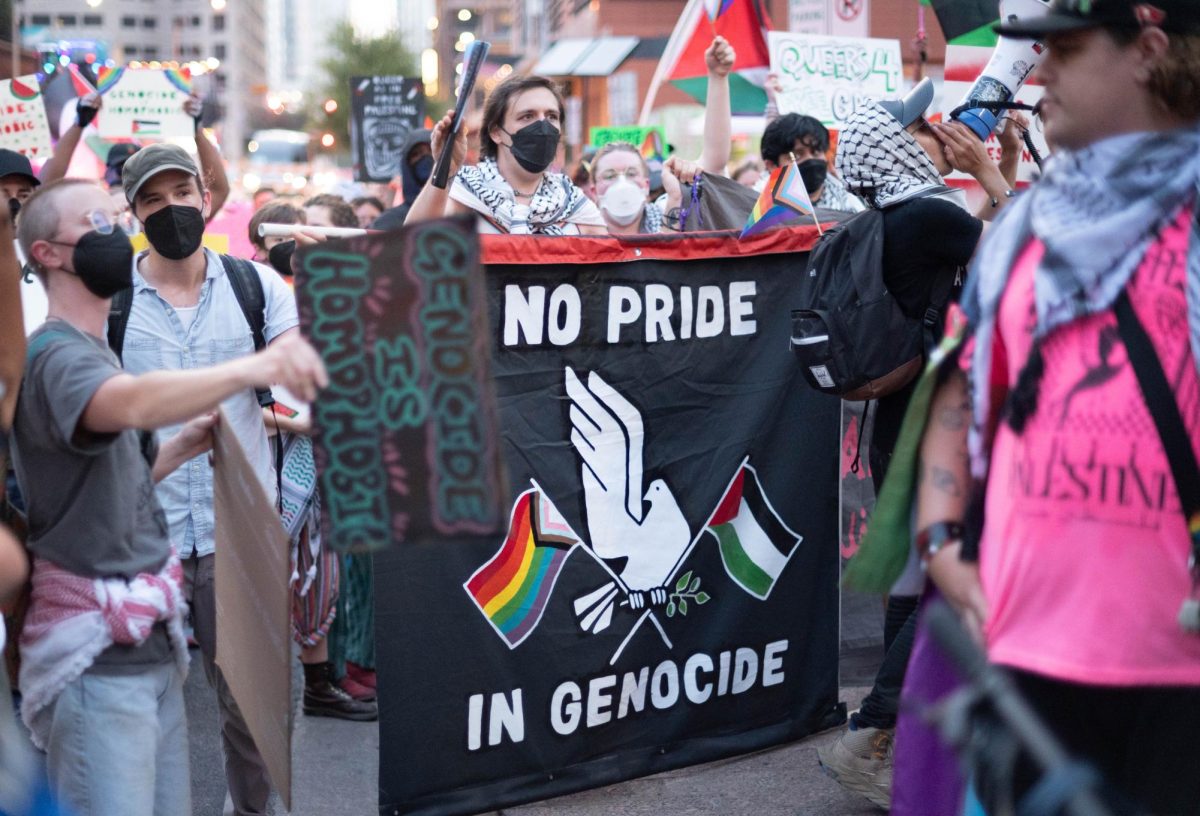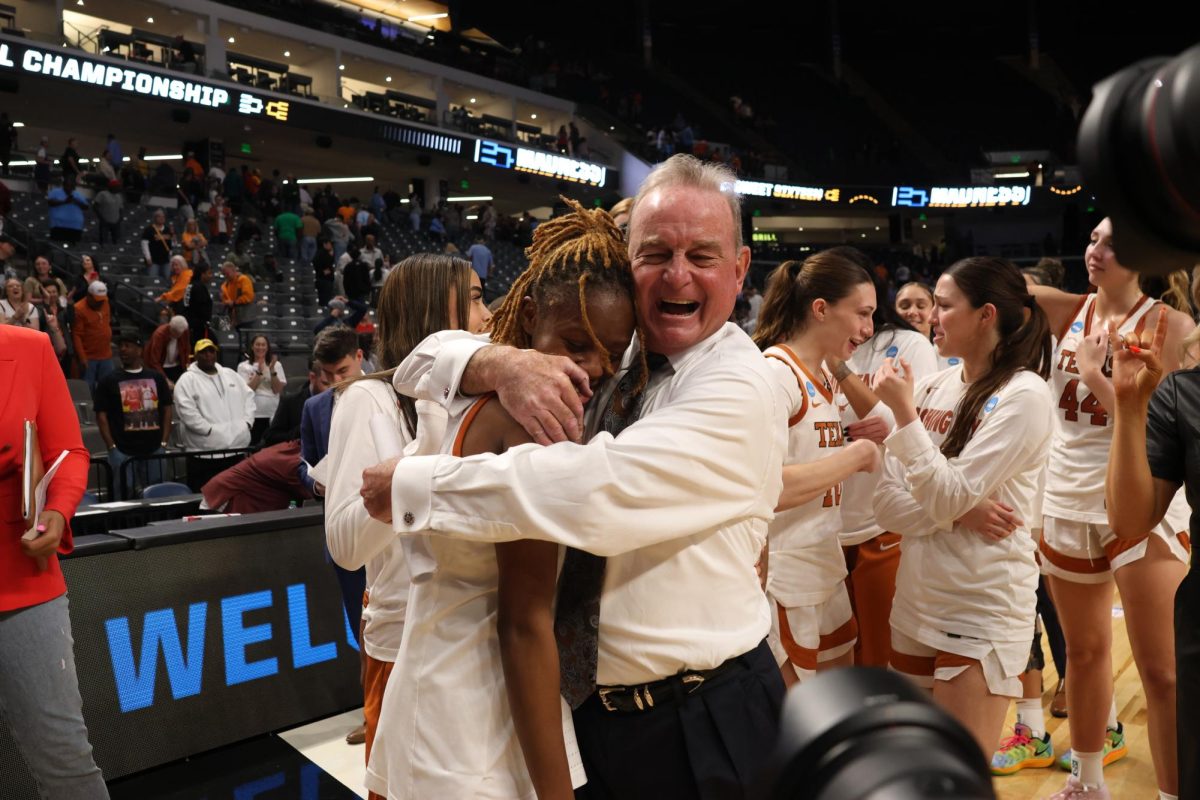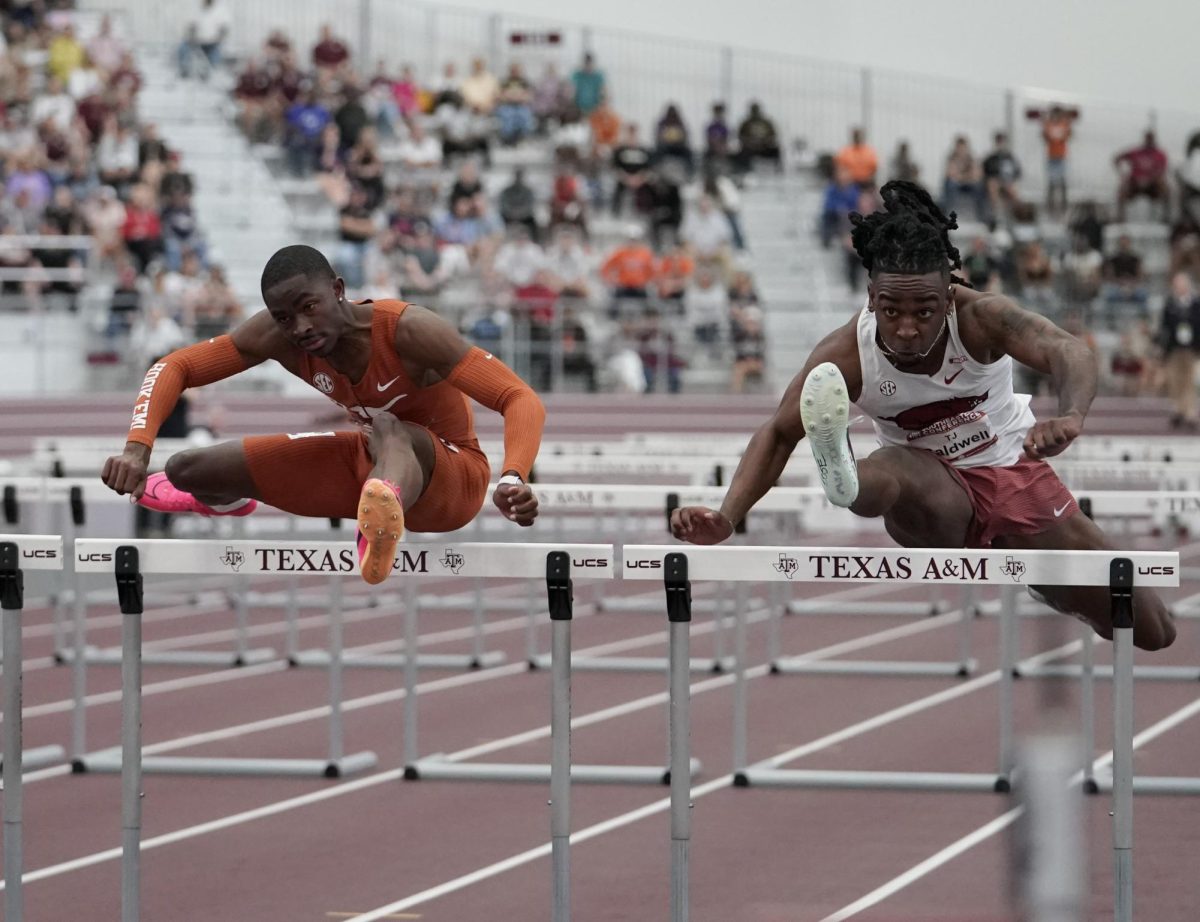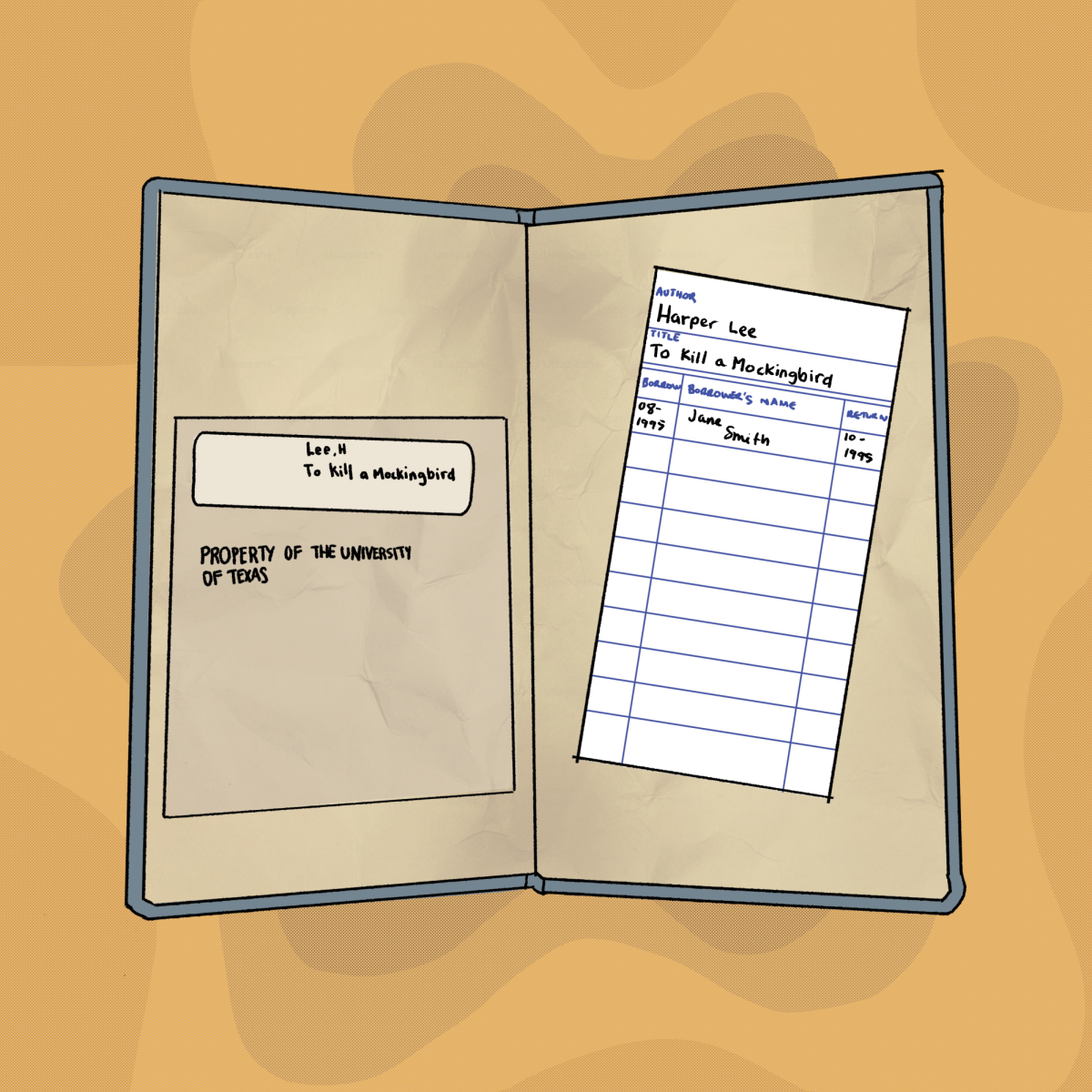Thousands chanted “There’s no justice, there’s no peace!” at the Texas Capitol on Sunday afternoon, calling on the United States to support the top United Nations Court’s order stating that Israel’s acts are in plausible violation of the Genocide Convention.
In late January, the International Court of Justice concluded that some of South Africa’s lawsuit, claiming Israel breached “obligations under the Genocide Convention,” is plausible. The Court did not officially rule Israel’s actions as genocidal but ordered Israel to “take all measures within its power to prevent” acts within the scope of genocide immediately, including killing and causing serious bodily or mental harm to members of a specific group.
The World Health Organization found access to health services in Gaza is decreasing rapidly, leaving Palestinians with “the deadly combination of hunger and disease.” The same report found that 93% of Palestinians are facing “crisis levels of hunger” and a lack of clean water and sanitation stations.
“We demand an end to the Israeli genocide and the U.S. role in enabling it, in compliance with (ICJ) orders from last week. An immediate and permanent ceasefire,” speaker Hatem Natsheh said during the event.
Local mosques organized a busing system, said a media liaison at the protest. Eight or nine buses arrived in Austin from across the state. Over 5,500 people attended the protest, according to Staff Sergeant Victor Taylor.
Others chose to drive to the Capitol, including Moazam Syed from Fort Worth, Texas, along with 15 members of his family.
“This is a peaceful way of demonstrating (solidarity), … and I think it’s making a difference all over the world,” 72-year-old Syed said. “It is not only Arabs who are coming out. It’s not only Muslims who are coming out. It is without any distinction of class, creed, religion or anything. … Human beings are coming out … in droves, so we can expect a better globe (because of it).”
Protesters held signs reading “Resistance until liberation” and “Texas stands with Palestine” while speakers from the Palestine Solidarity Committee, Jewish Voice for Peace and the Austin Justice Coalition, among others, spoke.
Ahmad Elsafadi, a Gazan native, said his cousin celebrated her birthday by “praying it wouldn’t become her death day.” He has lost 41 members of his family since the Oct. 7 Hamas attack and Israel’s subsequent invasion of Gaza. His remaining family in the Strip still experiences continuous bombardment, he said.
“This is the reality my family is dealing with, the possibility that every moment of joy could quickly end with another loss of a family member,” Elsafadi said. “When I talk about the 41 members of my family who were killed, I’m not just throwing numbers at you. I want you to see them as real people with dreams, goals and memories, just like each one of you.”
Protesters marched in the streets surrounding the Capitol building following the speeches. Ammer, who did not give his last name for anonymity purposes, said the protest pressures political leaders.
“Being able to see (support) in person is very inspirational, … to see how many other people share my passion for (Palestinian liberation),” Ammer said. “We will show up and we will apply pressure and this then puts the ball in their court so to say that, ‘We’re here, will you listen to us?’”

